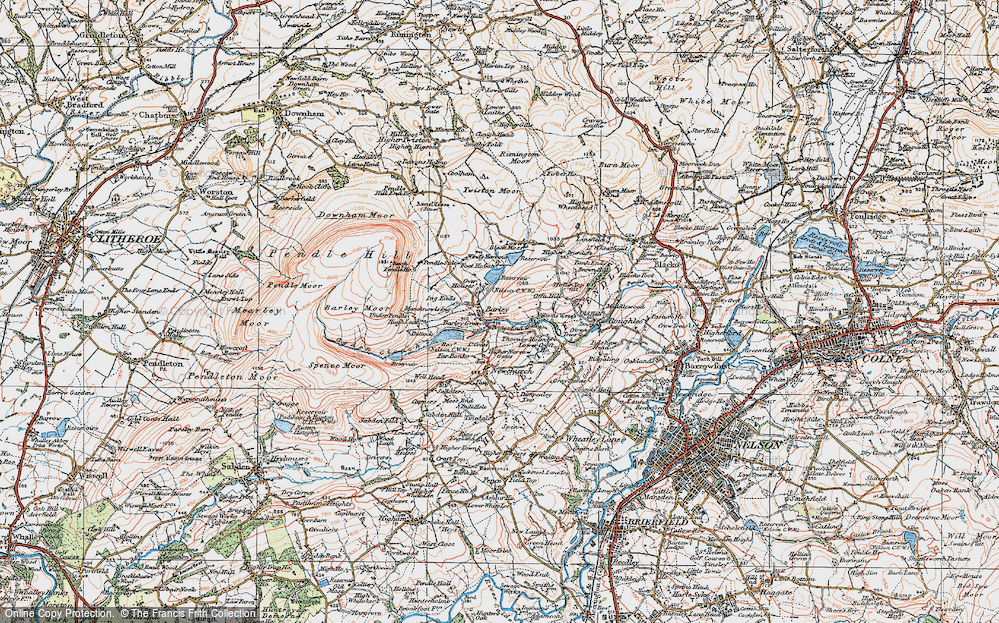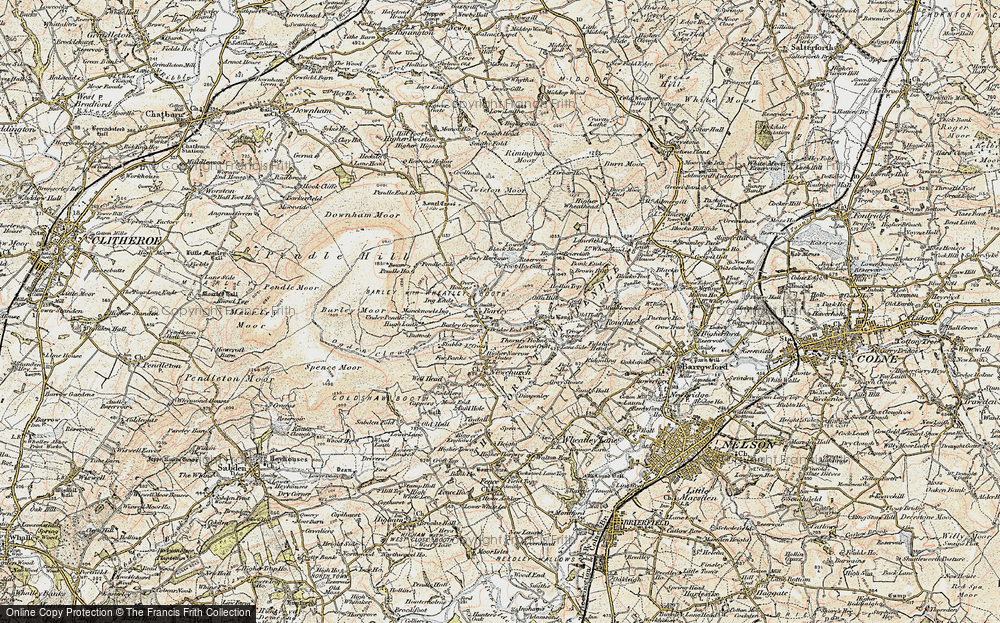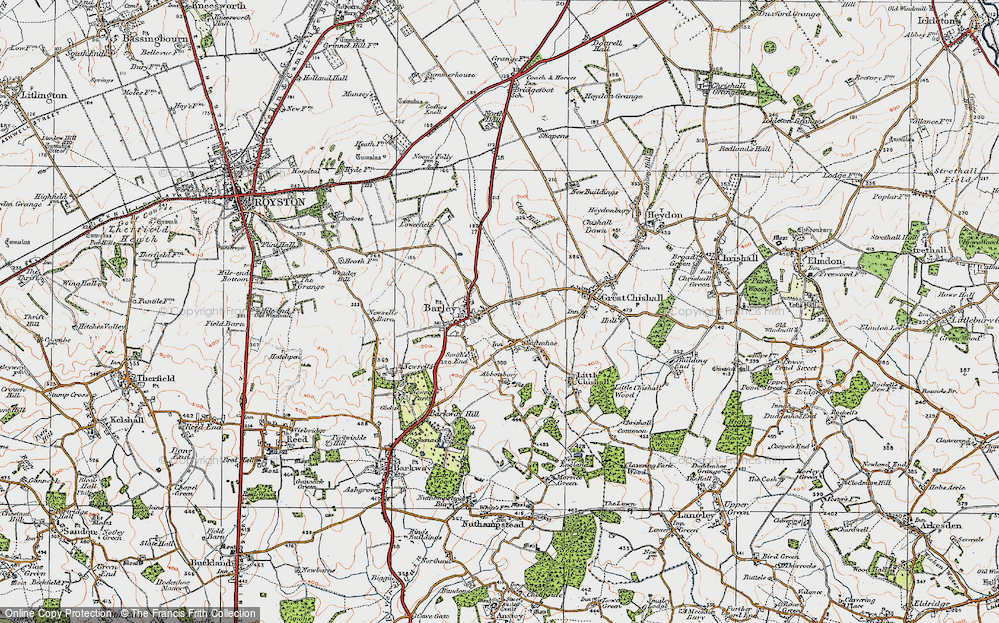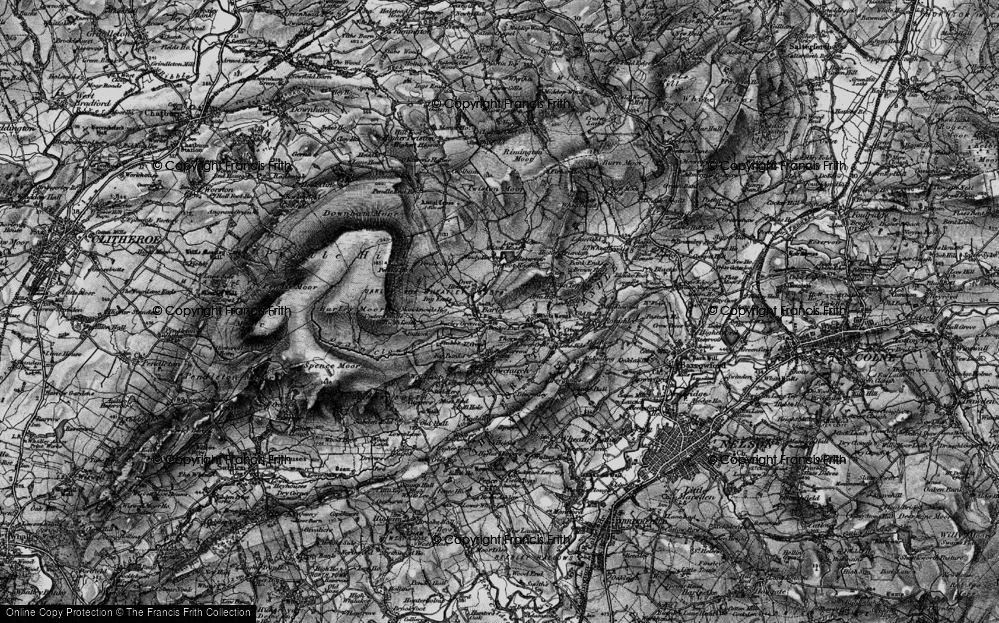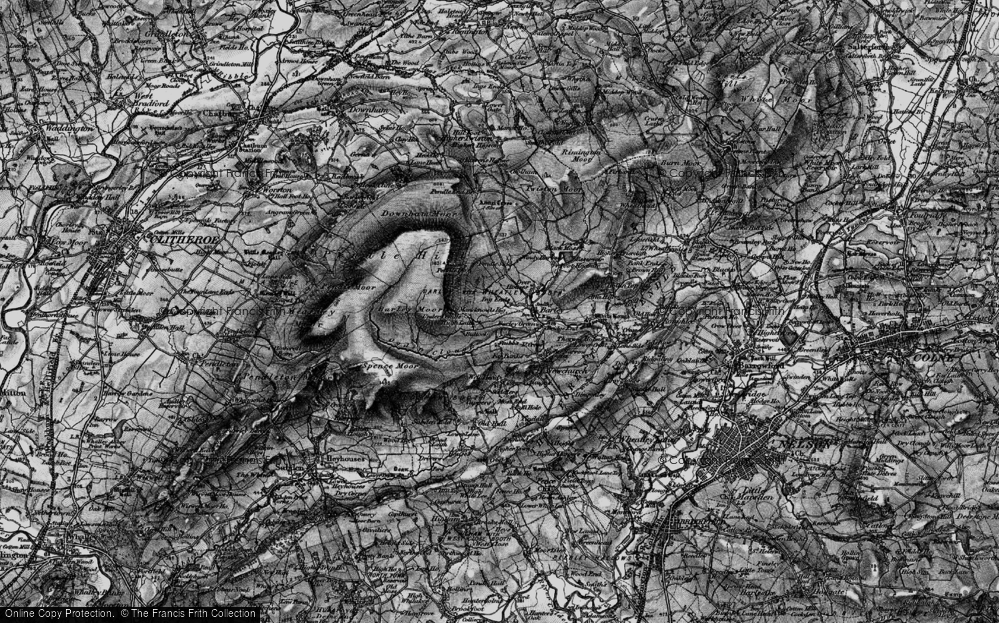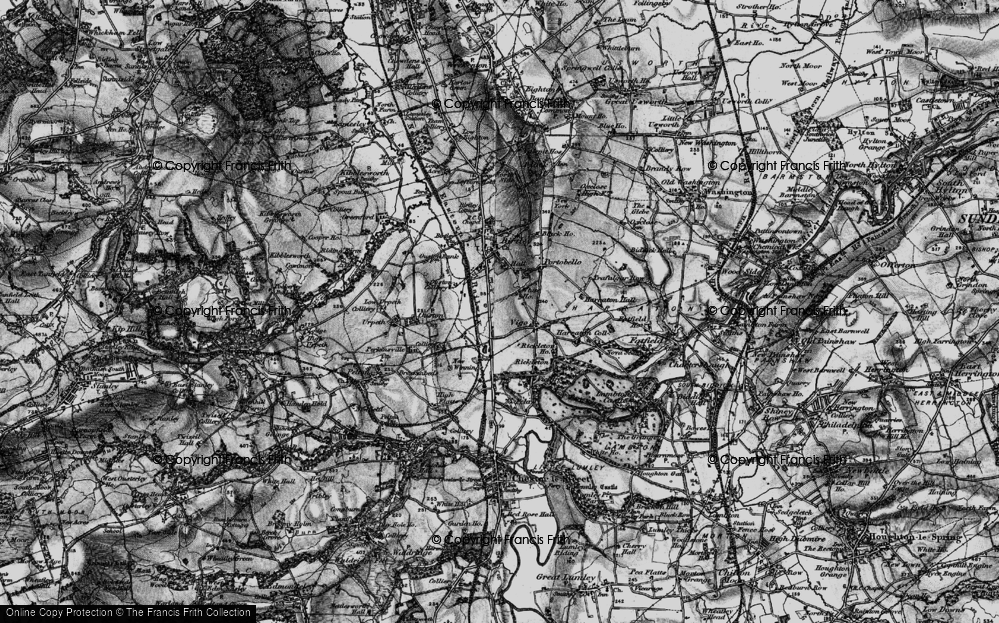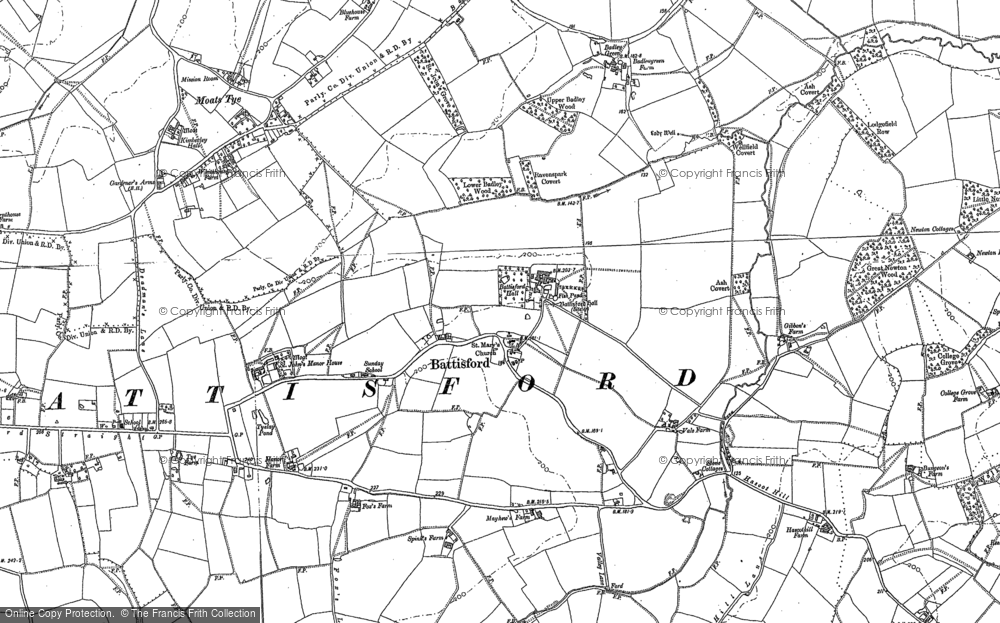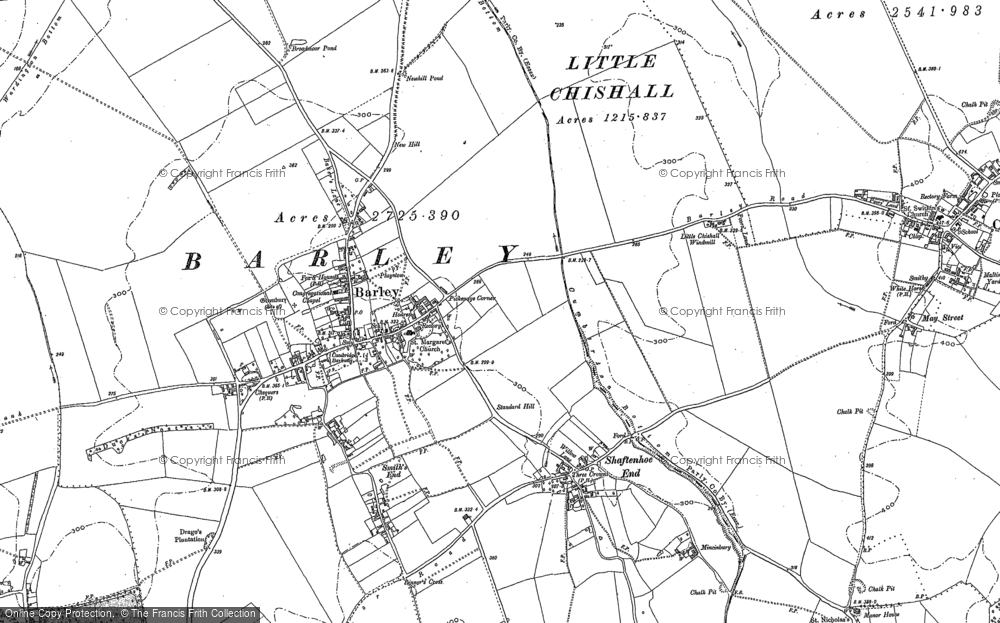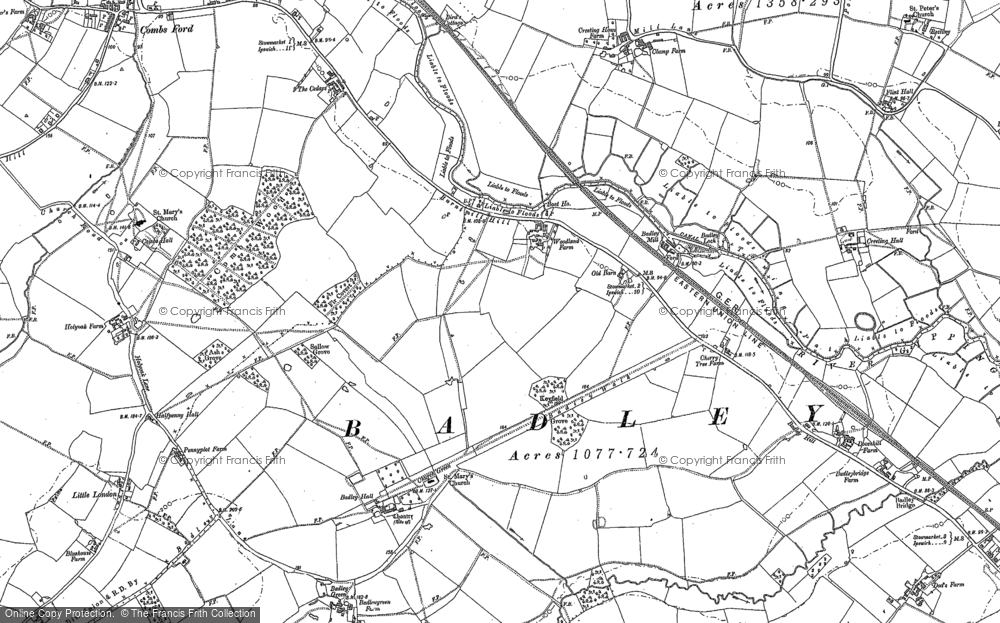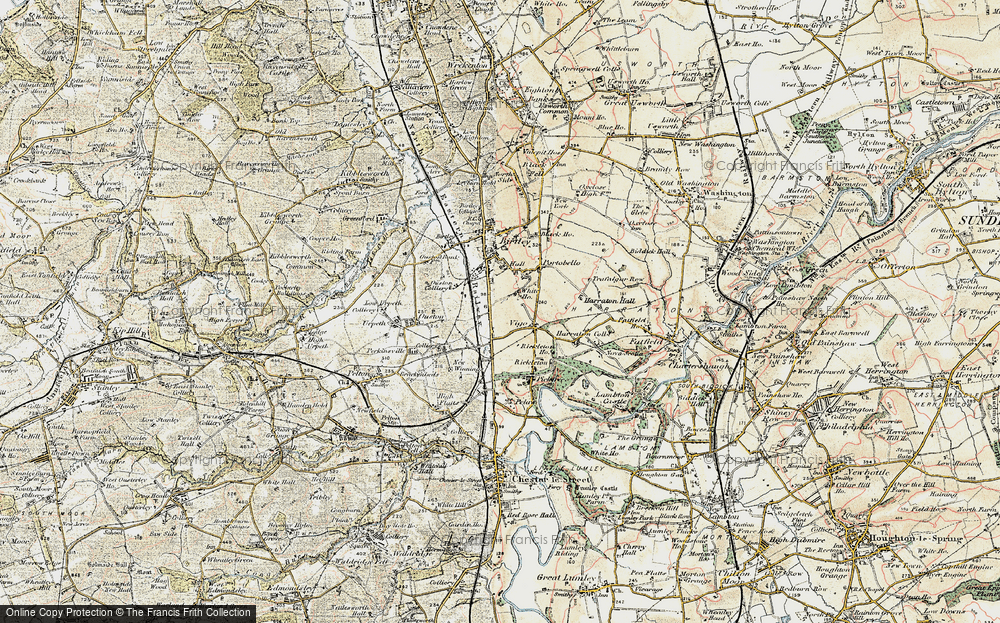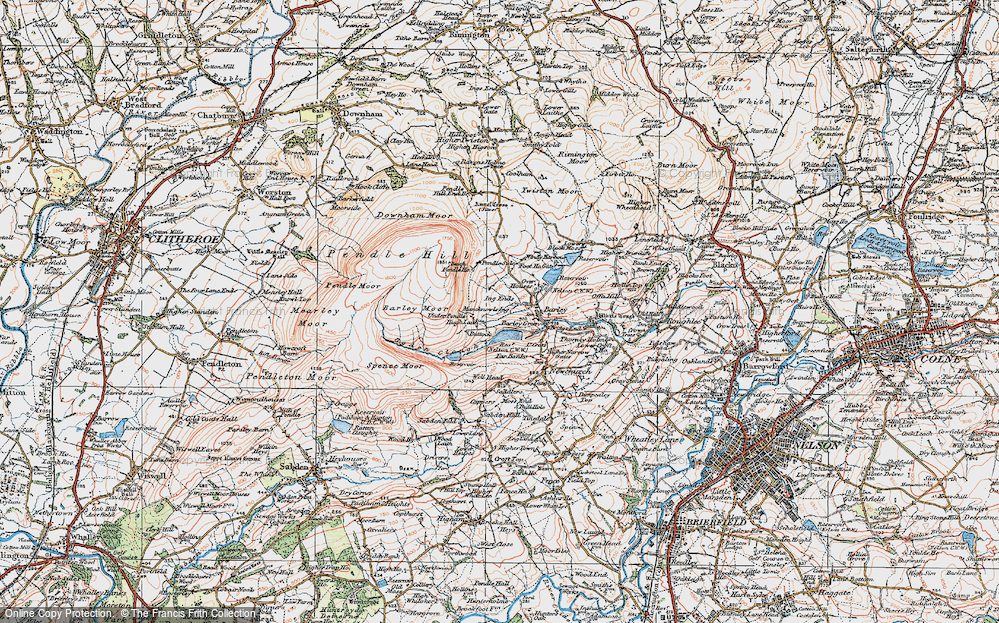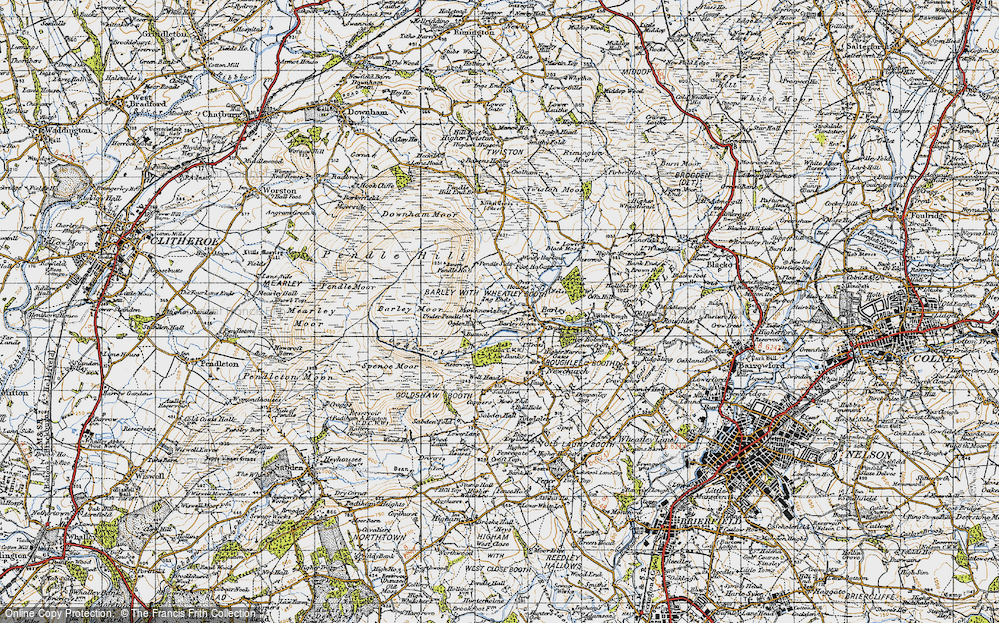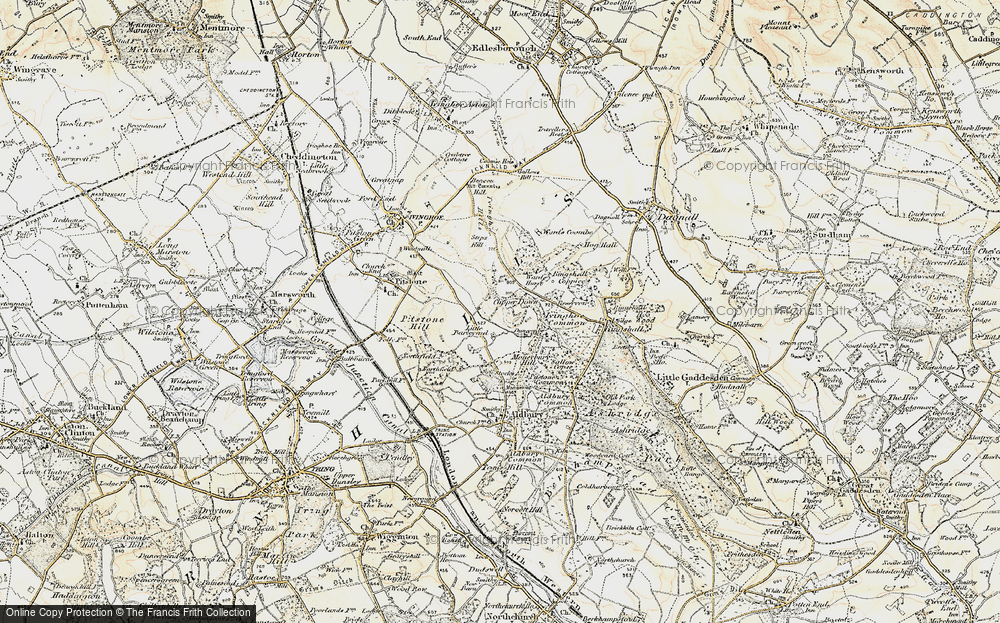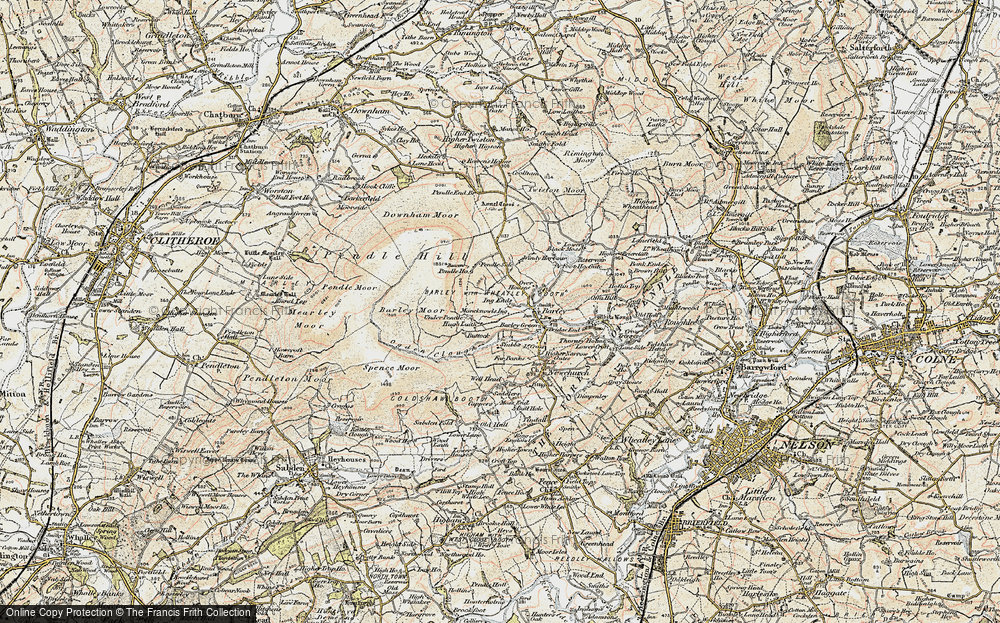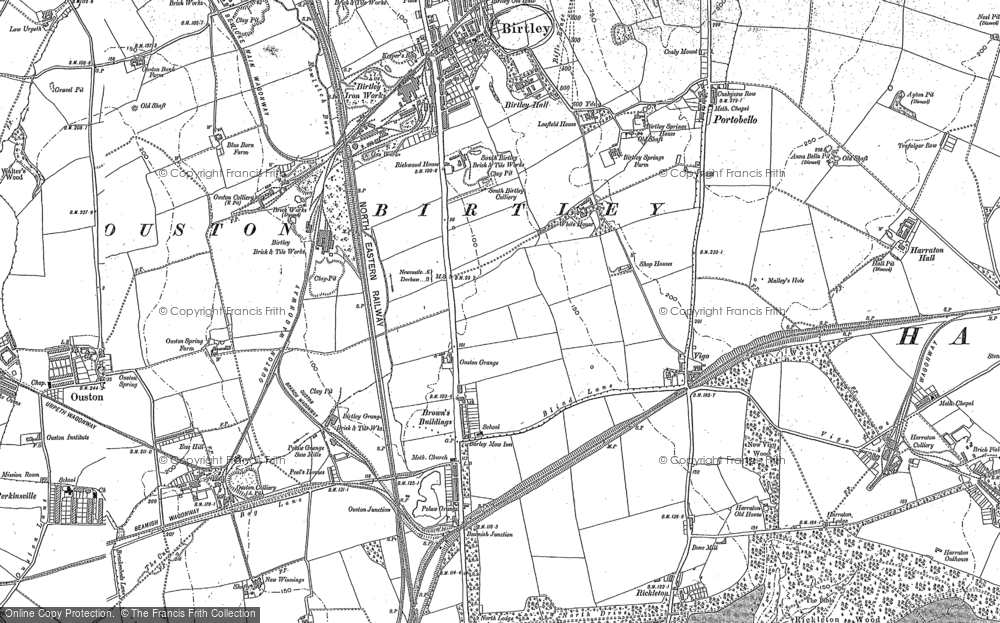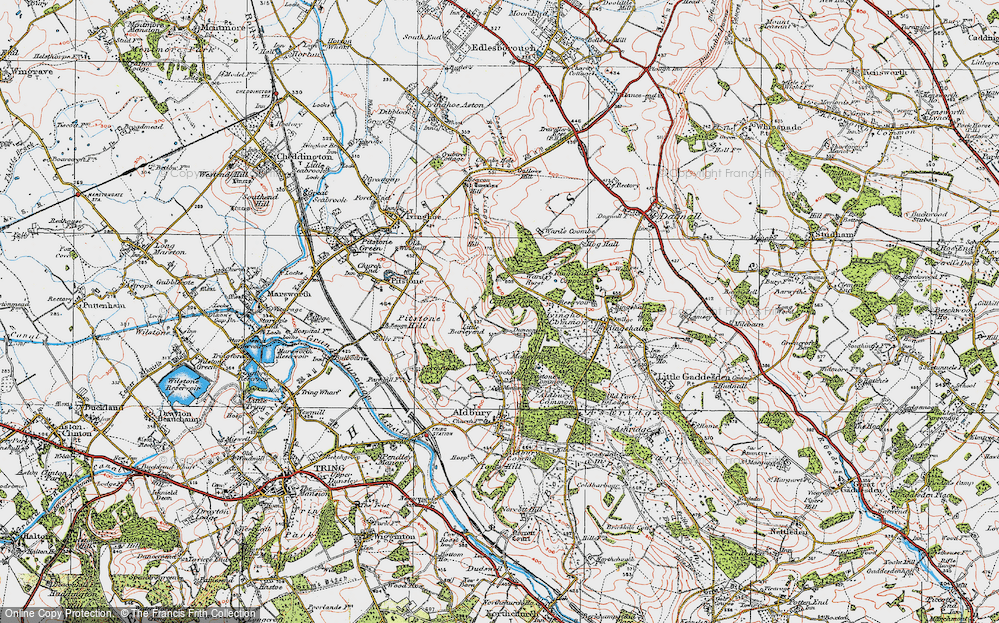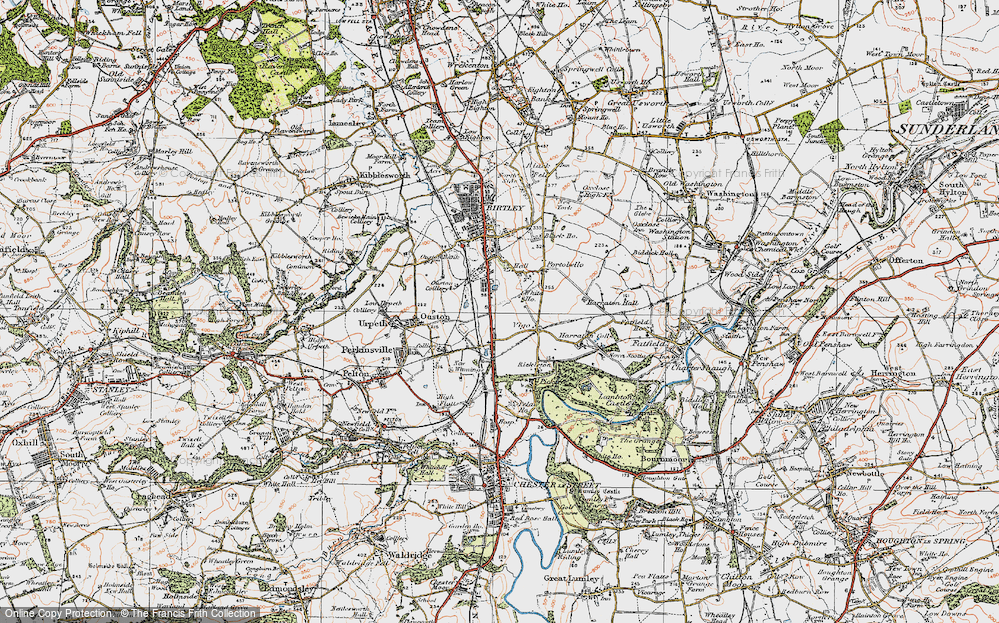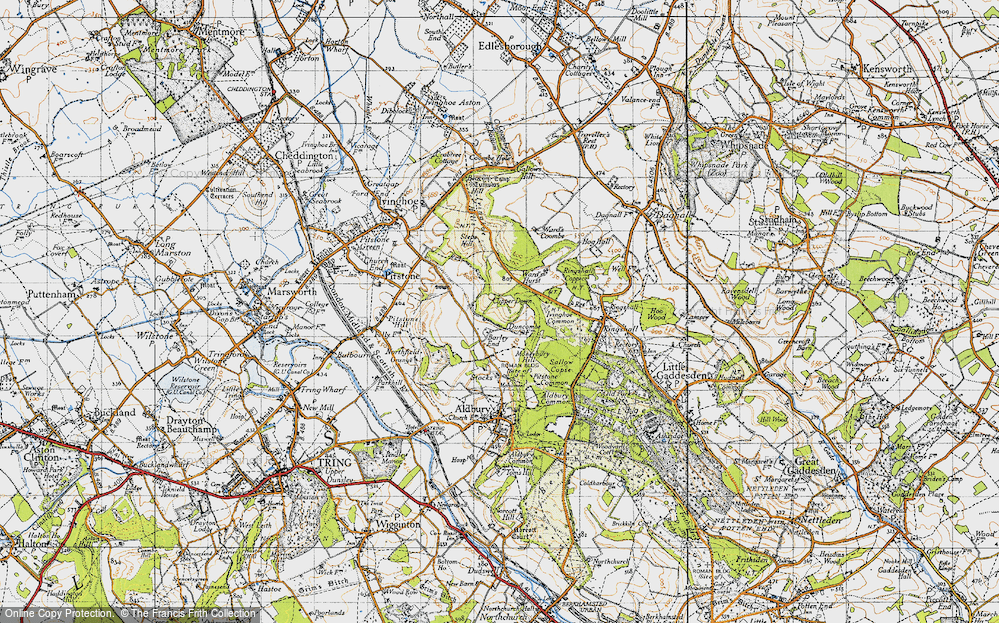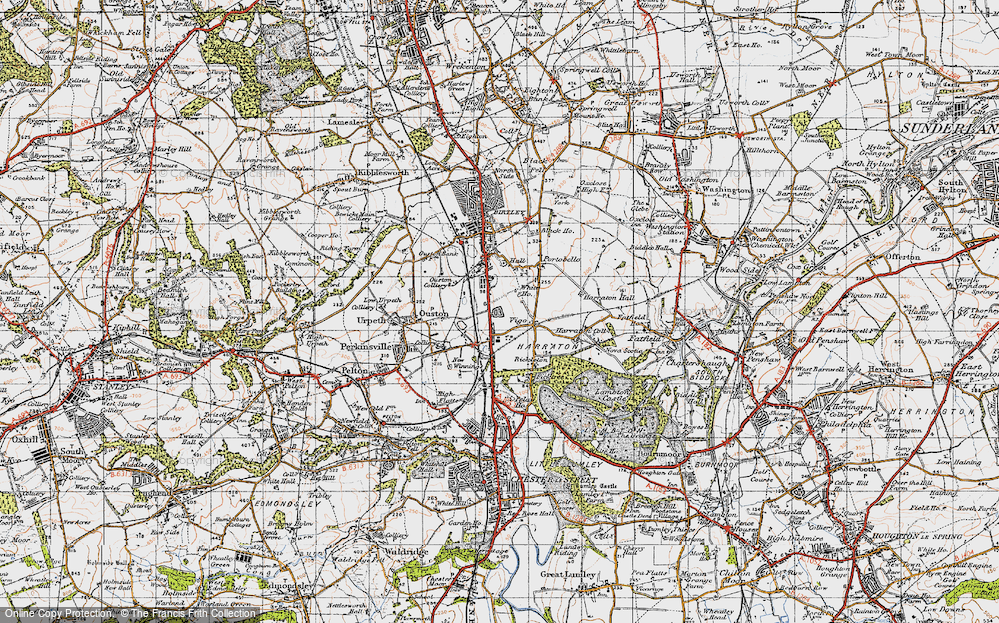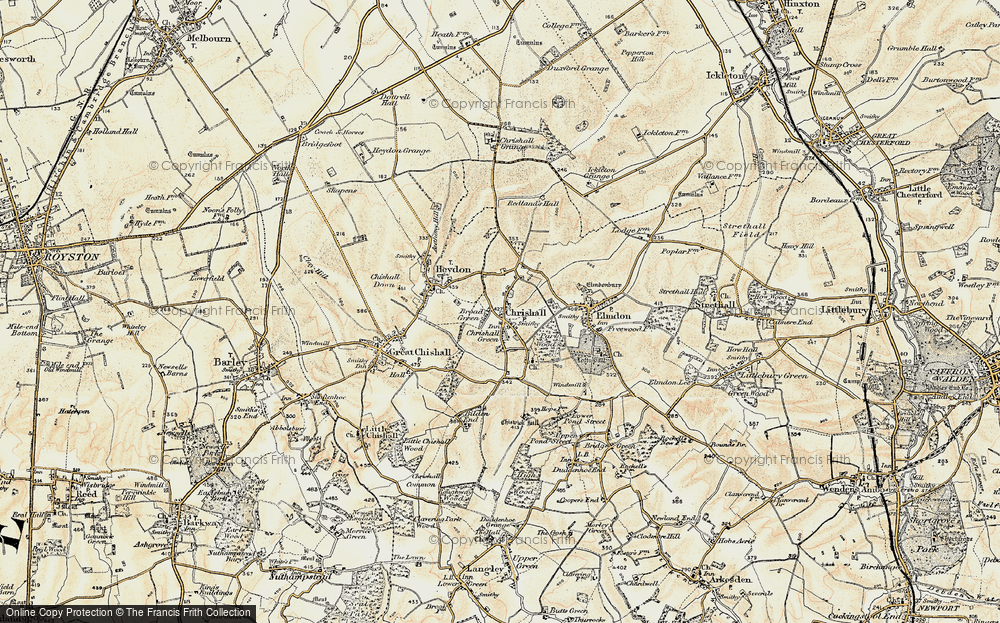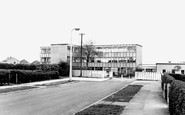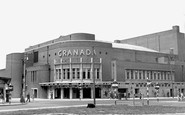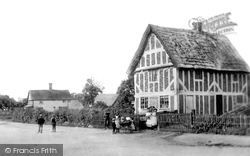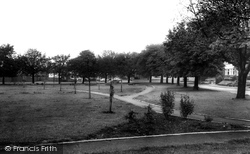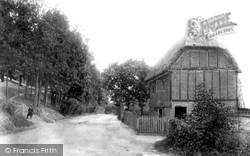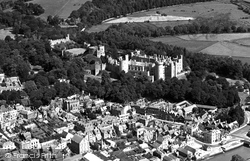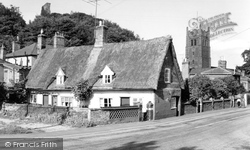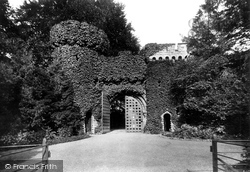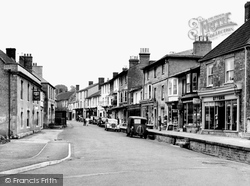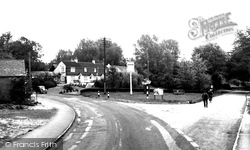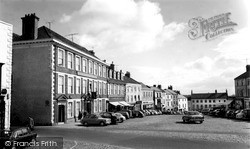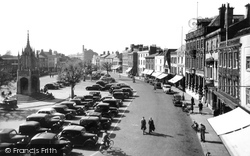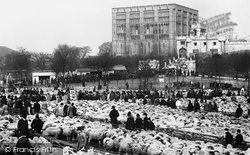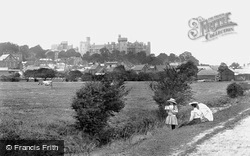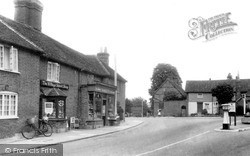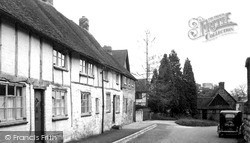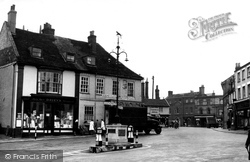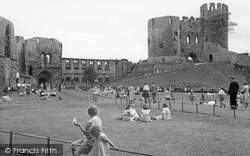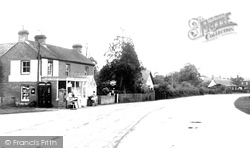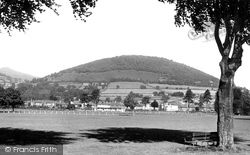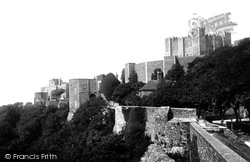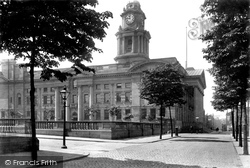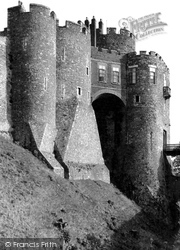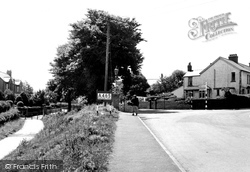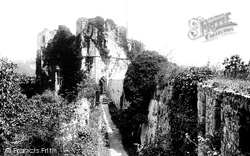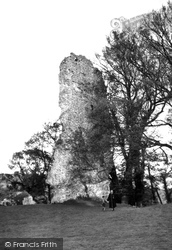Places
3 places found.
Those places high-lighted have photos. All locations may have maps, books and memories.
Photos
22 photos found. Showing results 41 to 22.
Maps
63 maps found.
Books
Sorry, no books were found that related to your search.
Memories
175 memories found. Showing results 21 to 30.
Lived In Old Bailey From 1934 To1956
Lived in Old Bailey, and enjoyed my life there. I went to Pontymoile School, later to Tympath Secondary Modern. Left school at fourteen and worked at Panteg Steelworks until National Service at Brecon Swab ...Read more
A memory of Pontymoel in 1940 by
Postwar Childhood In Knypersley
Born in 1940 at Tunstall Rd, I spent hours of my childhood at the edge of Cowlishaw Walker's pool, reached through our neighbour, Mrs Sargent's garden, which sloped steeply up to the railings round the pool. I ...Read more
A memory of Knypersley in 1940 by
Brimington In The 50s And 60s
I lived on Station Road from 1947 until I got married in 1968. I went to infant school in Princess Street and the only teacher I remember was Mrs Wright. I then went to the Junior School and finally in 1957 to the ...Read more
A memory of Brimington
So Long Ago
I was born in Fleetwood in 1936 and lived there until 1959 when I left to emigrate to Australia. I was brought up in Byron St living with my parents George and Dolly Arkwright ,I attended Blackinston primary school then moved to Chaucer ...Read more
A memory of Camberwell by
Memoirs Of Living In 46, Durham Buildings
A two bedroom flat on the third floor, 46, Durham Buildings, became home to me, my two siblings and parents for about 9 months from 1961 to 1962. The flat had no bathroom but a small outside balcony which ...Read more
A memory of Battersea
Brim Boys ( Terry Lavender )
I attended brim boys from 1964 to 1967 Mr Kelly ( thrack ) headmaster Mr Clarke maths techer Mr Davies RE teacher Mr Rodgers science teacher Mr Wood woodwork teacher ( yep) Mr Smith metalwork Teacher Mr Sharpe PE teacher Mr ...Read more
A memory of Brimington by
Pavenham 1945 1970
This is the village where I grew up, my parents moving into their very old, somewhat dilapidated cottage at the end of the war. This was 'The Folly' at the eastern end of the village opposite one of Tandy's farms. Why it had that ...Read more
A memory of Pavenham by
Snapshots
As a very little boy we moved from Birkenhead in the North West, Merseyside to Luton. It was the 1950s and my Dad had a job in Vauxhall's. His brother Tom was already a General Foreman there and his younger brother John (that's what we all ...Read more
A memory of Luton by
Henry Bailey, The Reverend 93, And Two Old Friends From 70 Years Ago.
You mention two boys from long ago who were my friends. I wonder if they are still alive. Ridley became head boy at Ravenscroft, if my memory serves me right, and I believe ...Read more
A memory of Beckington by
Growing Up In Burghfield Common
We moved to burghfield in 1967, to Abbotts road, me and my sister went to Bland’s school then onto garlands and finally to the Willink. I remember the coal man he always had a black face and I was scared of ...Read more
A memory of Burghfield Common by
Captions
112 captions found. Showing results 49 to 72.
Totternhow Knolls is the name given to the remains of Totternhoe Castle, a Norman motte and bailey built over Saxon remains.
The castle was on a hill north of the church, comprising a motte and bailey with earth and timber fortifications.
Possibly originally a prehistoric fort, it is a motte and bailey earthwork. Totternhoe was the last Bedfordshire parish to be enclosed in 1891.
Halfway along the castle, Henry II's shell keep on the Norman Motte or mound divides the two baileys, the right-hand one filled with the massive Victorian rebuild.
The church stands outside the castle bailey. The tower is 101 feet high, and was built c1454-79.
Devizes Castle was originally a Norman motte and bailey fortification, but was rebuilt in 1120, possibly by Bishop Osmund of Salisbury. It then fell into ruin.
There was a castle here, which was besieged by King Stephen in 1138, but its keep has long gone; only its outline is marked on the grass of its hill at the end of Bailey Street.
His story 'The Fox' was first published in 1923 and is set at Bailey Farm, which Lawrence based on Grimsbury Farm just outside the village.
The hotel bedrooms extend over Woolworth's next door, Richmond's first chain store; it arrived c1935 and moved in 1980 to Bailey House, visible at the bottom of the Market Place.
The present-day Market Place was formed from the outer bailey of the castle.
Control was quickly established with the erection of one of the earliest motte and bailey castles in England.
This is on the Norman motte or mound; the castle had two large baileys or walled enclosures, the north one relatively open still, the south one overwhelmed by Buckler's heavy-handed Victorian work.
The Village Sweet Shop and Hailey's have gone, and this very pretty building, which hides a 17th-century timber frame behind its brick skin, is now a restaurant, to which has been added a not very beautiful
The castle was to the south of these cottages; its outer bailey was bisected by the later Castle Lane.
To the right, along the curving line of the castle bailey, are S Ball & Sons and the Midland Bank, which has been rebuilt. The Pharmacy in the distance has lost its parapet and urns.
Historically, castle baileys were home to many people, and something of that feel is captured in this view of relaxing zoo visitors enjoying sun and ice creams in the mid 1950s.
The others are Bailey, Bull Hill, Portmore, Sandy Down, Walhampton, and Boldre itself.
It is named after Crawshay Bailey, who leased it from 1884 and made an agreement with the Abergavenny Improvement Commissioners to 'empark' it.
Henry II's great keep stands high above the mural towers of the inner bailey. Henry and his son Richard I transformed Dover into one of the greatest fortresses of the kingdom.
The Town Hall, another gift from Lord Ashton, had opened in 1909; it was designed by E W Mountford, who was the architect of the Old Bailey in London.
But the great keep, the inner bailey and much of the curtain walling were built by Henry II between 1168-86, at the then colossal cost of £3,000.
The road on the left is the old tram road used in the time of Crawshay Bailey. The photograph does not quite capture the Bridge End Inn on the extreme right.
These are the parapets of the lower bailey looking towards Marten`s Tower, which gets its name from the prisoner it housed in the 17th century.
Only a 75 ft high fragment and some stretches of bailey wall remain on this refreshingly unmanicured site.
Places (3)
Photos (22)
Memories (175)
Books (0)
Maps (63)


